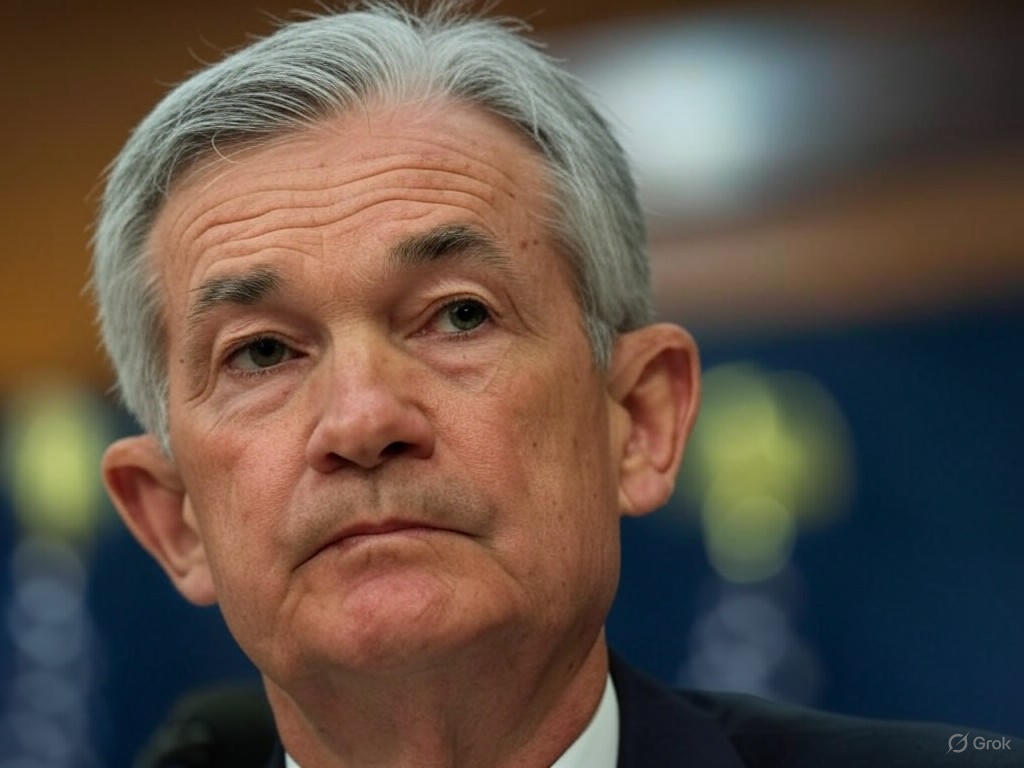Navigating Economic Tensions: Federal Reserve Under Scrutiny Amid Political Pressure
The Federal Reserve, often seen as the bedrock of U.S. economic stability, finds itself at the center of a heated debate as political pressures mount over its interest rate policies. Recently, Federal Reserve Chair Jerome Powell faced intense scrutiny during a congressional testimony, with discussions revolving around the central bank’s approach to monetary policy. This comes at a time when President Donald Trump has openly expressed frustration with the Fed’s reluctance to slash interest rates, arguing that lower rates could spur economic growth and bolster his administration’s agenda.
The tension between the White House and the Federal Reserve is not new, but it has reached a fever pitch in recent months. Trump has repeatedly criticized the central bank, claiming that high interest rates are stifling business investments and slowing down the economy. His calls for rate cuts are rooted in a desire to stimulate sectors like manufacturing and real estate, which are sensitive to borrowing costs. However, the Federal Reserve operates with a mandate to balance inflation and employment, often making decisions that do not align with short-term political goals. Powell, in his testimony, emphasized the importance of the Fed’s independence, underscoring that decisions are driven by data and long-term economic health rather than external pressures.
Economists are divided on the issue. Some argue that lowering interest rates could indeed provide a much-needed boost to a slowing global economy, especially with lingering uncertainties like trade disputes and geopolitical tensions. Others caution that premature rate cuts might overheat the economy, leading to unchecked inflation and creating bigger challenges down the line. The Fed’s current stance appears cautious, with officials closely monitoring indicators like consumer spending, wage growth, and international developments before making any drastic moves. Powell reiterated that the central bank remains committed to its dual mandate, even as political rhetoric intensifies.
The broader implications of this standoff are significant. The Federal Reserve’s independence is a cornerstone of its credibility, allowing it to make tough decisions without fear of political repercussions. If public confidence in the Fed’s autonomy erodes, it could undermine markets and create volatility at a time when stability is paramount. Investors are already on edge, with stock markets showing mixed reactions to the ongoing debate. Businesses, too, are caught in the crossfire, uncertain about the cost of borrowing in the near future.
As this saga unfolds, the spotlight remains on Jerome Powell and his ability to navigate these turbulent waters. Balancing economic data with political noise is no easy task, but it is one that could define the trajectory of the U.S. economy for years to come. Whether the Fed will bend to pressure or hold its ground is a question that looms large. For now, all eyes are on the central bank’s next moves, as stakeholders across the spectrum await clarity on the path forward.


